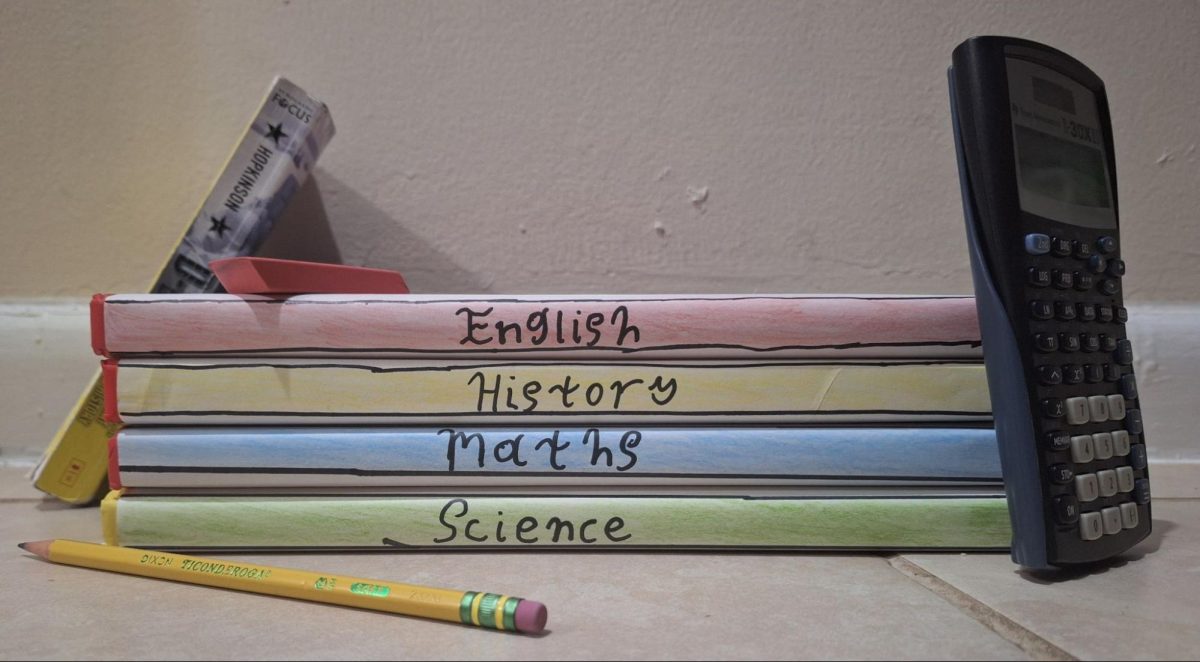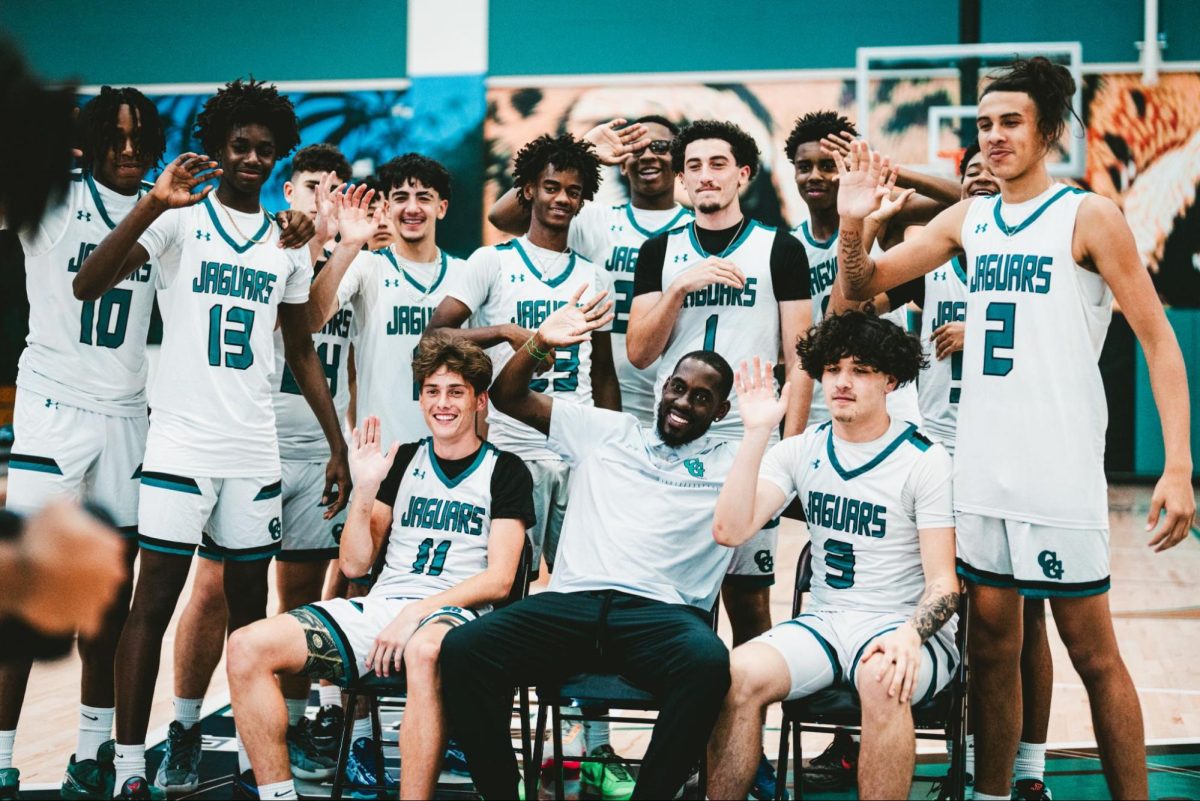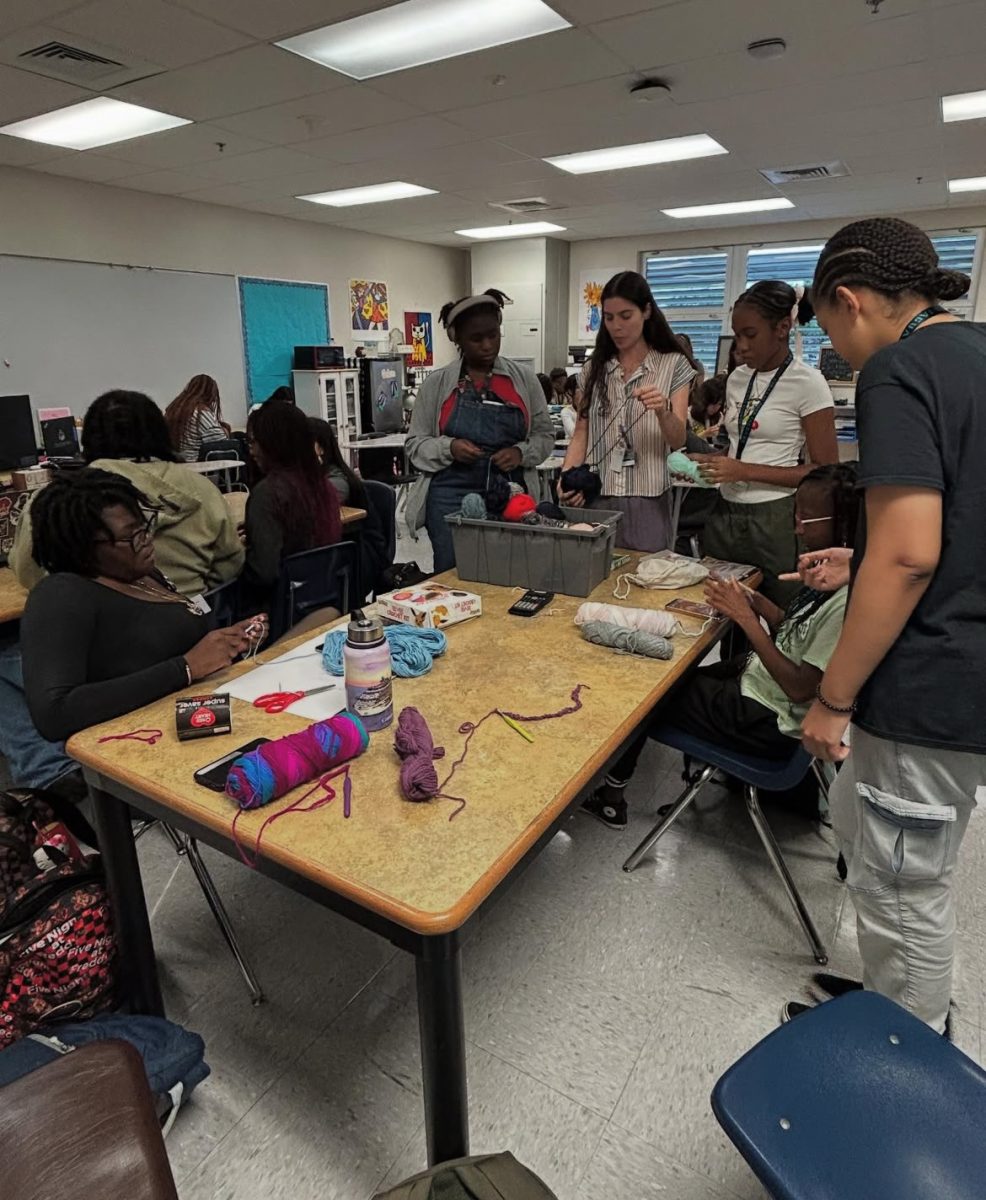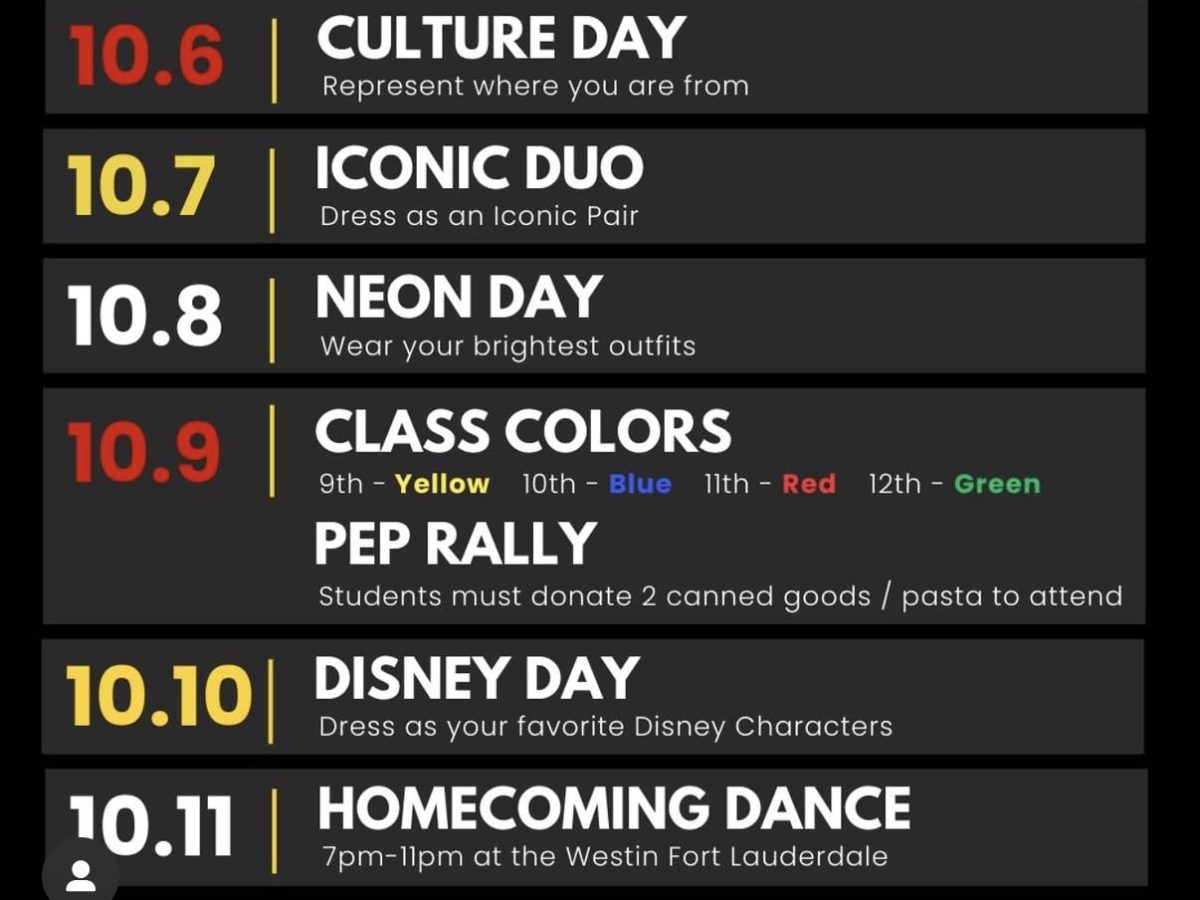In a world where a college degree has become a requirement in order to be hired for any high-profile job, AP, IB, and AICE classes have become the norm for students looking for a one-way ticket to university. But at what cost?
These acronyms stand for Advanced Placement, International Baccalaureate, and Advanced International Certificate of Education, respectively. And they are the crème de la crème of all course levels in the American school system. With enough of these classes, along with talent and extracurriculars, it is possible to enter even the most prestigious universities in the country—Harvard, Yale, Stanford—you name it.
Or so we’re told.
The reality is, along with the gold stars and stamps of approval, comes a torrential flood of work, stress, and burden that may not be manageable for many students. And the pressure to take more and more of these courses to meet a specific quota, level, or expectation comes from all sides.
“Taking higher level courses like AP and AICE has a lot of benefits, but I think people take it too far and make it seem like you have no value or drive for school if you take anything lower,” said Sophia Herrera, a senior. “I’ve taken a lot of AICE and AP courses throughout high school, and the workload is no joke. People should be allowed to have preferences over their classes without being shamed!”
And not only is pushing high schoolers to take as many college-level classes as possible bad for their mental health—but it’s actually not as vital for college admissions as it’s made out to be.
Jay Matthews is an education columnist at the Washington Post and the author of an article called “Why we wrongly freak out over AP”. He says that taking any amount of AP and IB courses won’t necessarily send you to your first-choice college, adding, “Your chances with [universities] depend on your SAT or ACT scores, the depth of your extracurricular activities, the warmth of your teacher recommendations and your grade-point average compared with other students at your school applying to the same college.”
So really, although advanced, college-level courses may be useful for raising your GPA and challenging yourself academically, it really isn’t worth the workload and the stress that comes with it. Here’s a reminder that your teenage years are something to enjoy, not to spend all your time on homework and all-nighters.


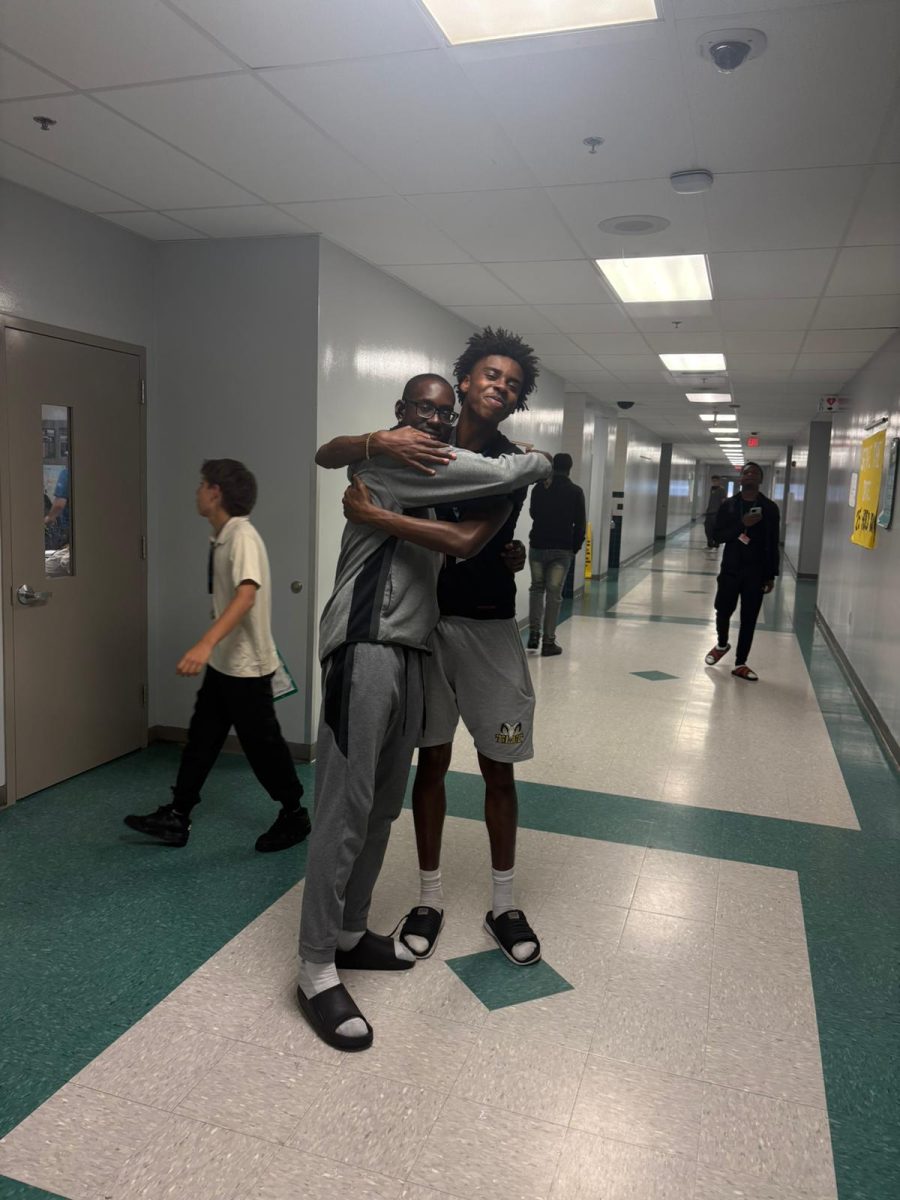


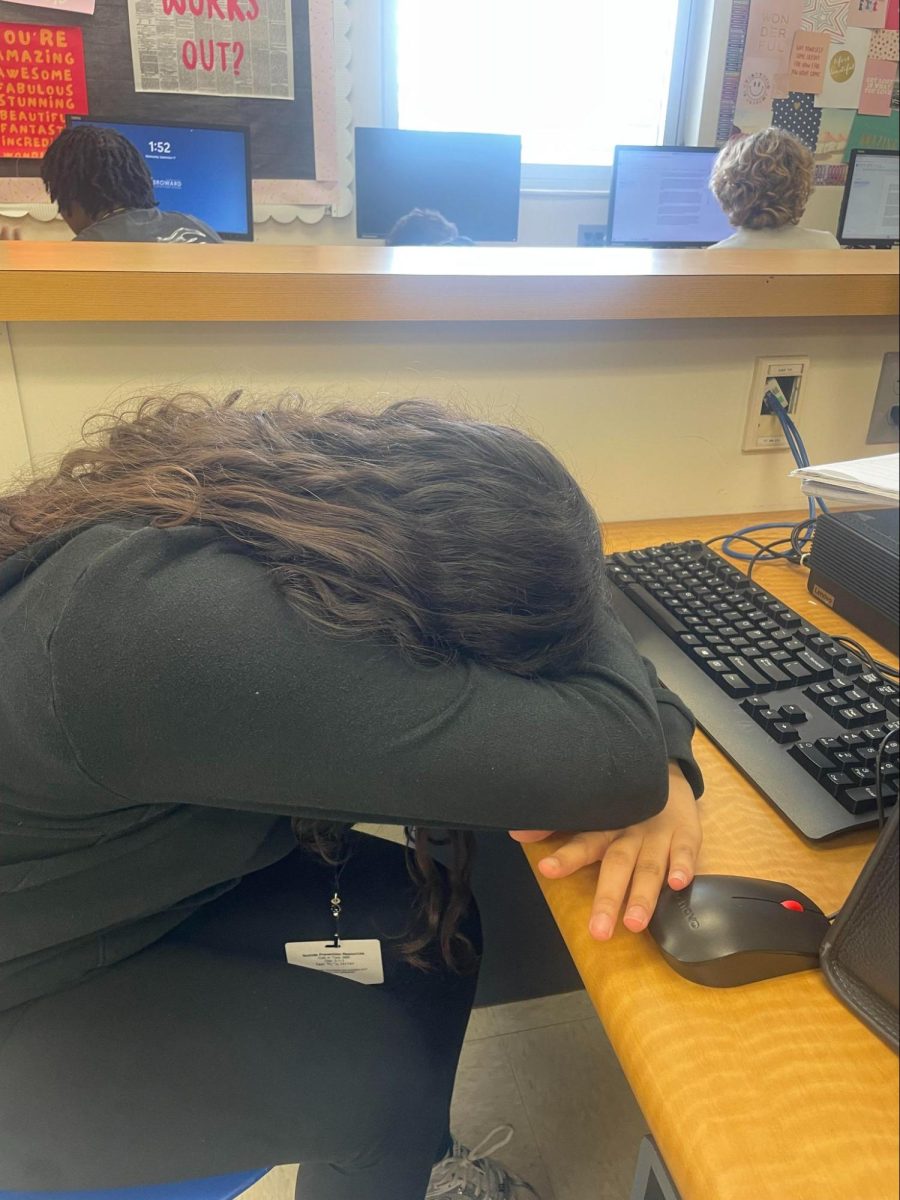


![[Photograph of an Italian sandwich] Photo Creds: https://www.thepioneerwoman.com/food-cooking/recipes/a42398453/italian-sandwich-recipe/](https://cghstheprowl.com/wp-content/uploads/2025/10/image1.png)






